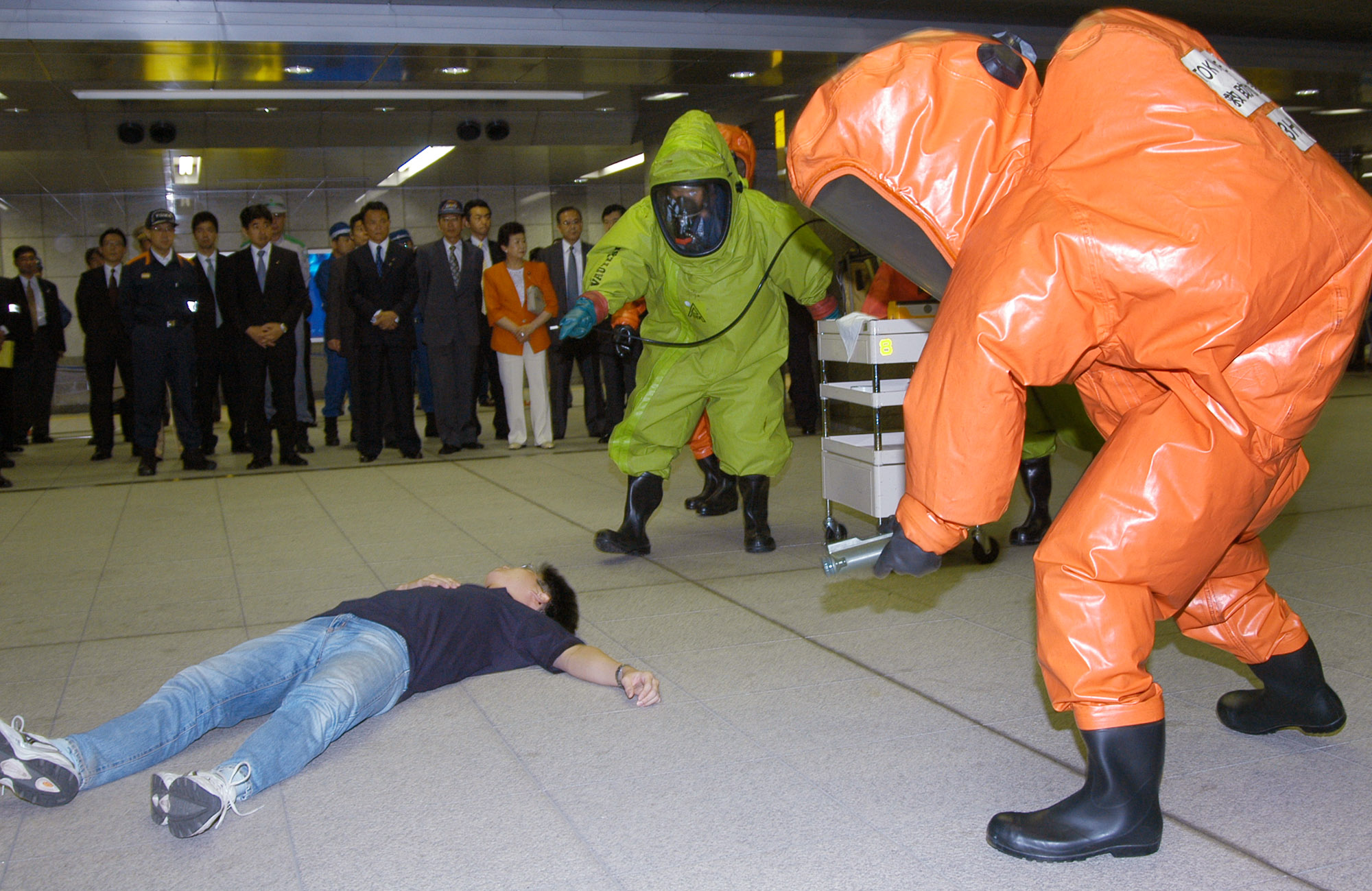Widely regarded as a safe place to live, Japan currently sits in ninth position on the Global Peace Index's list of the most peaceful nations on the planet. The East Asian nation is generally believed to be an orderly society that has incredibly low homicide and assault rates, and it certainly doesn't feel very dangerous walking around the center of Tokyo late at night.
Has this relatively sedate atmosphere lulled the country into a false sense of security when it comes to preventing acts of terrorism?
Despite being labeled an enemy by the Islamic State group (also known as ISIS), Japan is not typically considered to be at risk of terrorism, due in part to its largely pacifist global stance and strict immigration laws. As we've seen in past, however, acts of terrorism that have been carried out by groups or lone-wolf operatives can happen anywhere, even in locations that are considered safe. A case in point being the 2011 massacre at a summer camp on the island of Utoya in Norway, where Nazi sympathizer Anders Behring Breivik murdered 69 people after earlier killing eight in a bombing in Oslo.

















With your current subscription plan you can comment on stories. However, before writing your first comment, please create a display name in the Profile section of your subscriber account page.